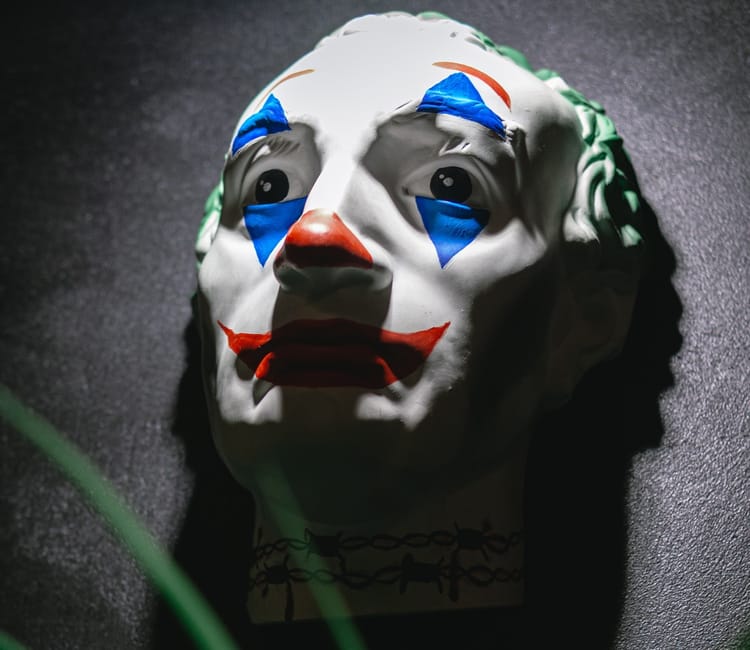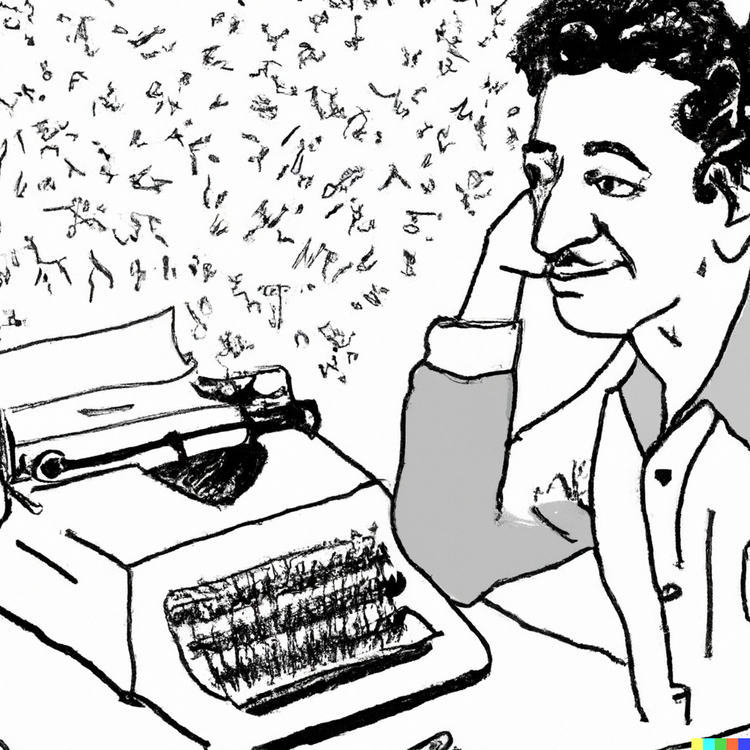
Latest
Nov
05

Imposter Syndrome
Most people suffer from Imposter Syndrome.
According to this article by Alexandra Benisek on WebMD, "one study found that
6 min read
Oct
31

Happy Halloween!!!
This is my favorite holiday!
On Halloween, we get to take off the masks we wear every day and put
3 min read
Oct
29

Wants and Needs
Characters are the most important aspect of any story.
Without characters, a story is just plot. Interesting things happening to
4 min read
Oct
08

Pain Fuels Art
Every story has a beginning, a middle, and an end.
Some end the way you expect. They are full of
3 min read
Oct
03

UPDATE!!!
Hello, everyone! I've been absent, as you know, but for good reasons!
4 min read
Sep
01
Figuring it Out
Launching this website has been easy, but there are still some things I need to figure out.
In the coming
1 min read
Aug
28

5 Things to Consider When Creating Characters
5 Things to Consider When Creating Characters
Aug
25

Welcome!
This is Confessions of a Writing Freak, your one-stop-blog for all things craft related!
If you want to know a
